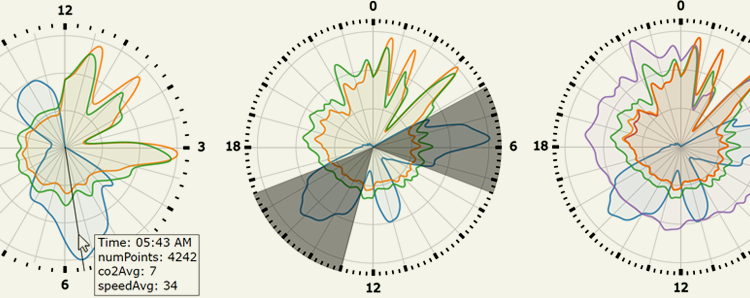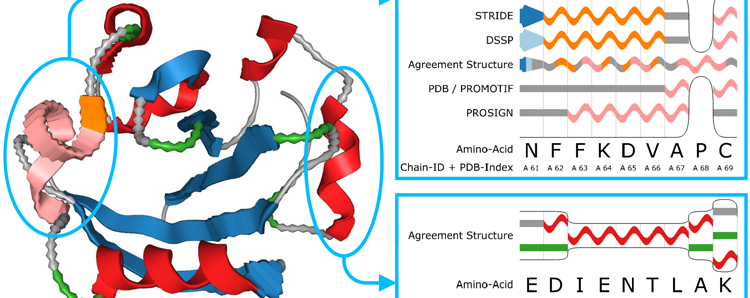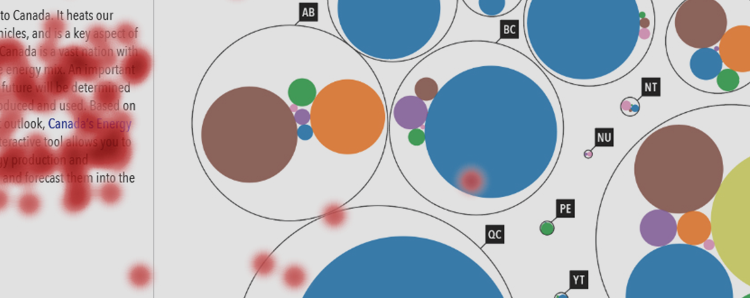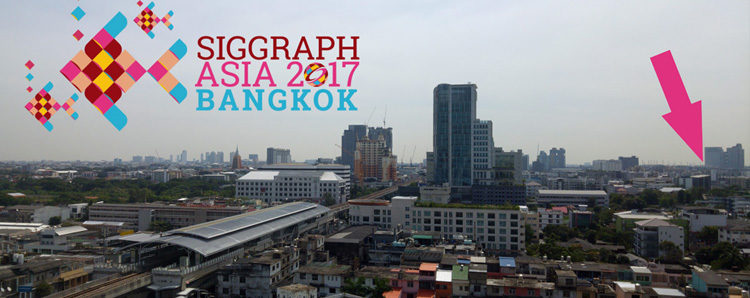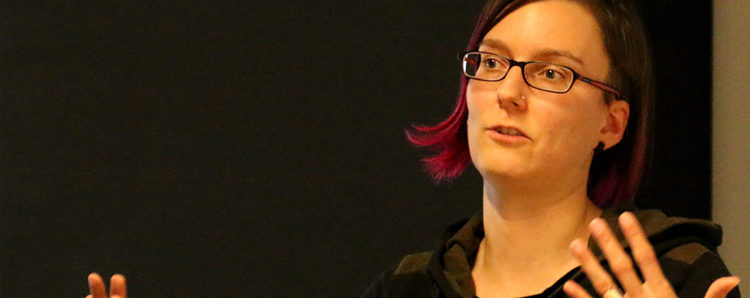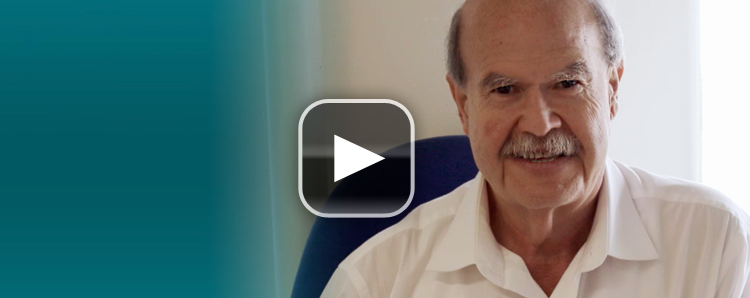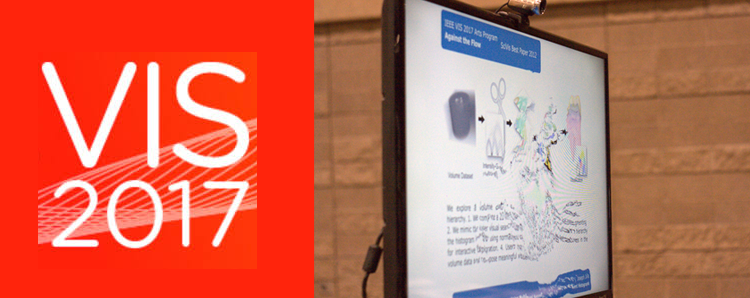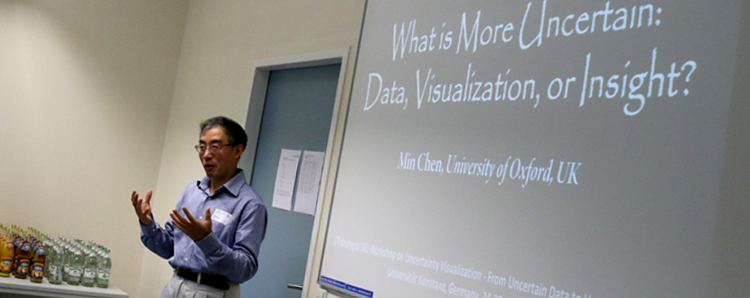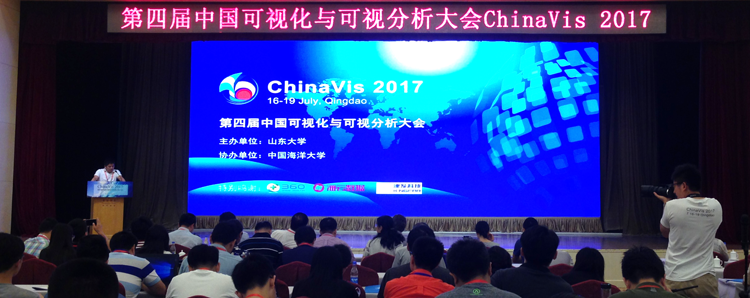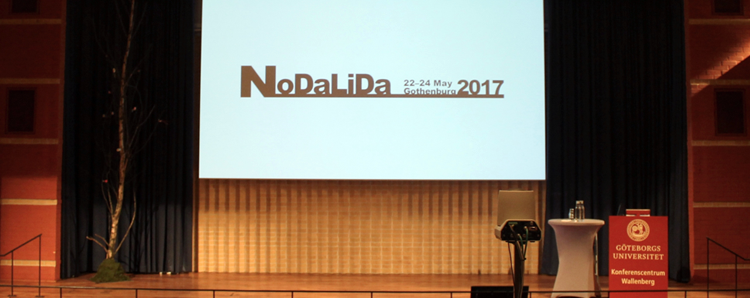This years conference on visualization EuroVis 2018 took place from 4th June till 8th June. Besides the excellent works presented at the conference, there were lots of possibilities to discuss topics with people from diverse areas and to meet new people from various domains worth exchanging experiences.
Visual Analysis of Urban Traffic Data – EuroVis 2018 Workshop
